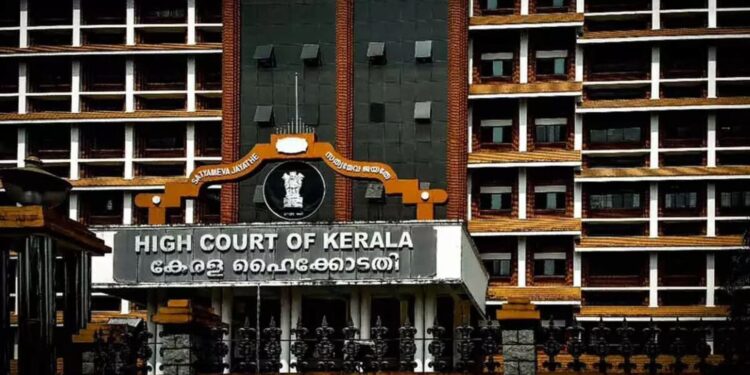The petition before the Kerala High Court raises significant constitutional issues, arguing that Section 199A of the Motor Vehicles Act (MV Act), 1988, imposes disproportionate penalties on guardians, parents, and vehicle owners for traffic violations committed by minors. According to the petitioner, the section operates on the assumption that guardians inherently consent to or abet minors’ unauthorized vehicle use, which she claims violates fundamental rights and principles of justice.
At the core of her argument, the petitioner asserts that Section 199A places an undue and arbitrary burden on guardians by assuming implicit consent or involvement, even in cases where no encouragement or assistance was provided to the minor. She contends this creates an “arbitrary presumption” that conflicts with established legal principles, primarily as other sections of the MV Act, such as Sections 180 and 181, provide more reasonable penalties and allow offenses to be settled through compounding. Section 199A, however, is non-compoundable, leaving guardians facing harsh penalties without the option for resolution outside the court process.
Additionally, the petitioner argues that the stringent penalties under Section 199A are inconsistent with procedural fairness, lacking mechanisms to protect the rights of innocent vehicle owners who may be penalized simply because a minor used their vehicle without permission. She argues this violates Articles 14, 19, and 21 of the Constitution, which guarantee equality, freedom, and personal liberty. The section also risks infringing on a person’s right to property under Article 300A, as the penal consequences include automatic cancellation of the vehicle’s registration, leaving owners with limited recourse or procedural safeguards.
Regarding juvenile justice, the petition notes that Section 199A contradicts the principles in the Juvenile Justice (Care and Protection of Children) Act. The provision limits the guardian’s ability to fully defend against charges by prohibiting joint trials of minors and adults. This conflict, the petitioner argues, undermines the right against self-incrimination under Article 20(3) and the fundamental safeguards intended to protect juveniles’ rights in the legal system.
The petitioner also argues that the Act’s penalty of denying driving privileges to minors until age 25 imposes lifelong consequences, restricting their freedom of movement under Article 19(1)(d) and limiting equal access to future opportunities. The prolonged denial of driving rights could also hinder employment options and other avenues of personal development, disproportionately affecting minors who may not even be at fault for certain infractions.
The case underscores potential constitutional overreach and lack of proportionality in the penalties under Section 199A, with the petitioner urging the court to declare the section unconstitutional. The petition has been filed by advocates Tharreq AnverK, M Devesh, Arun Chand, K Salma Jennath, Rassal Janardhanan A, and Govind G Nair, who collectively argue that the provision not only violates fundamental rights but also lacks alignment with the intent and principles of both the MV Act and the Juvenile Justice Act.

















